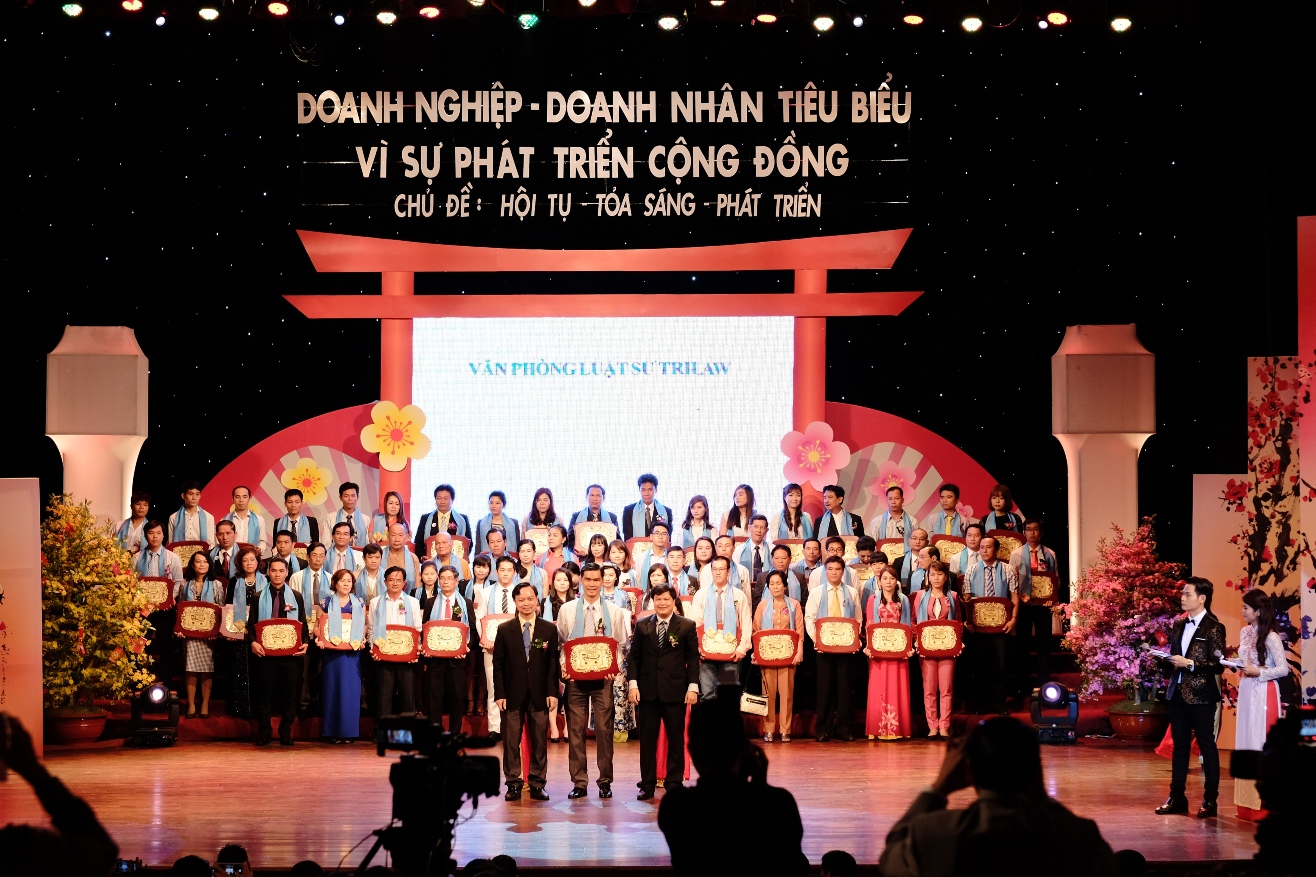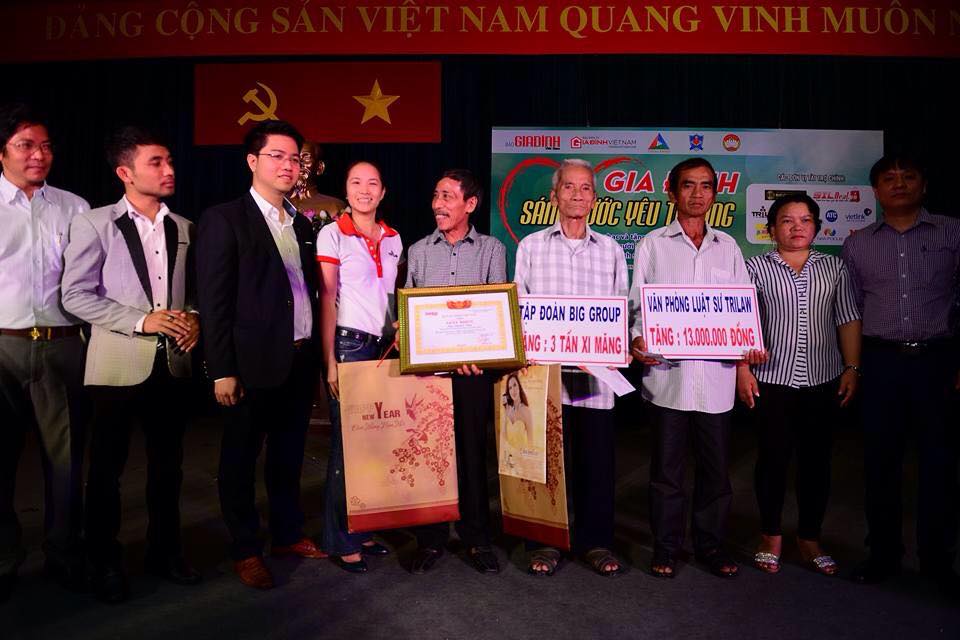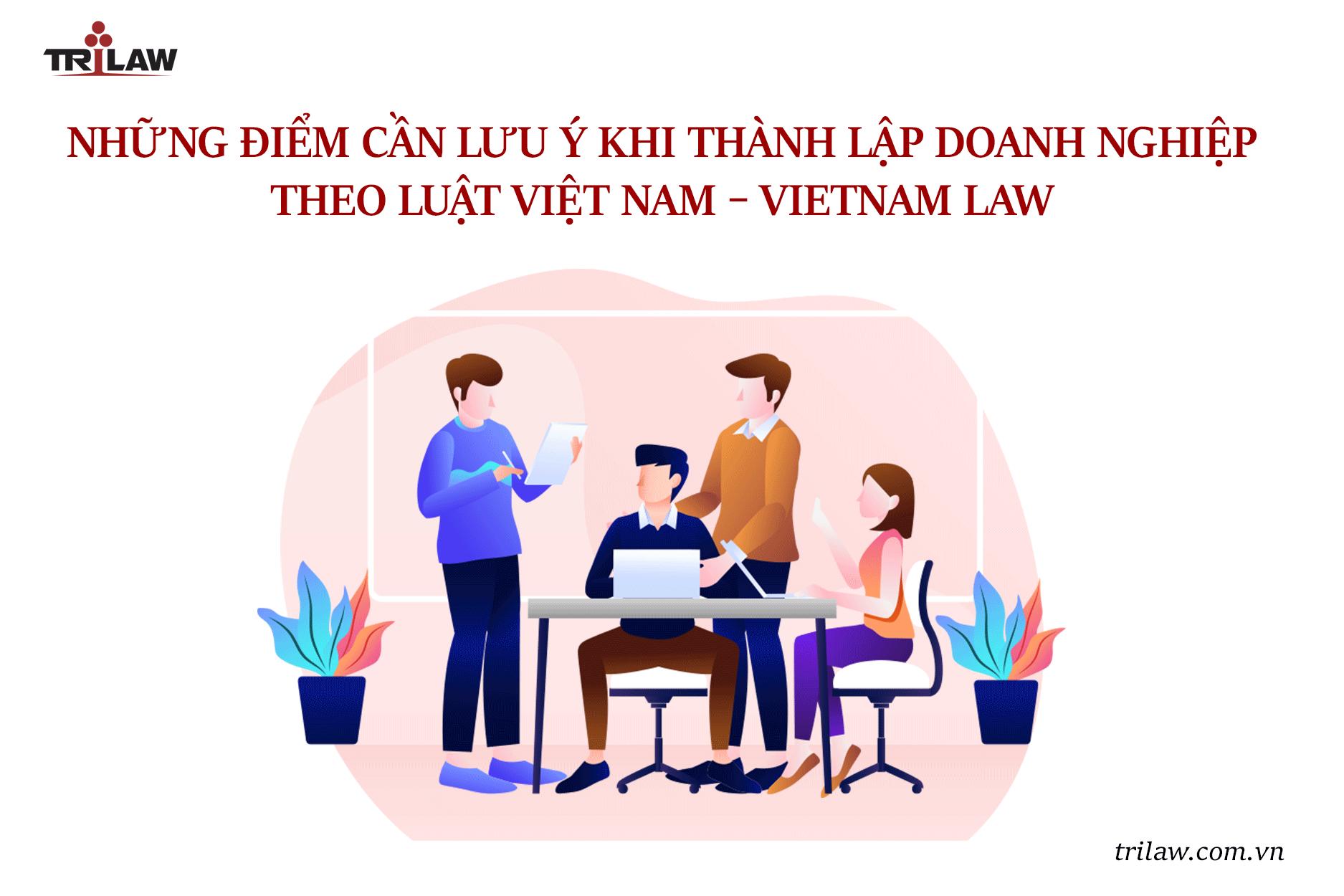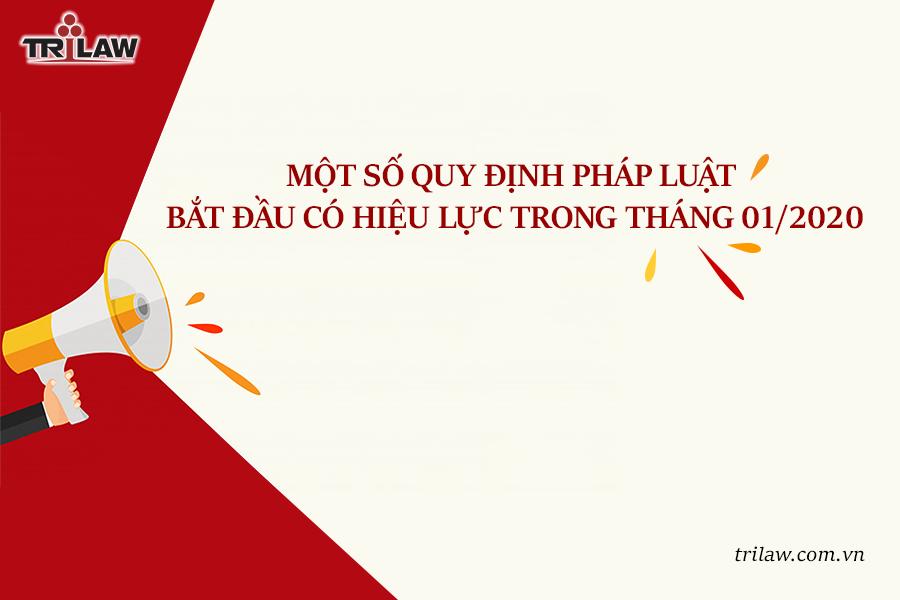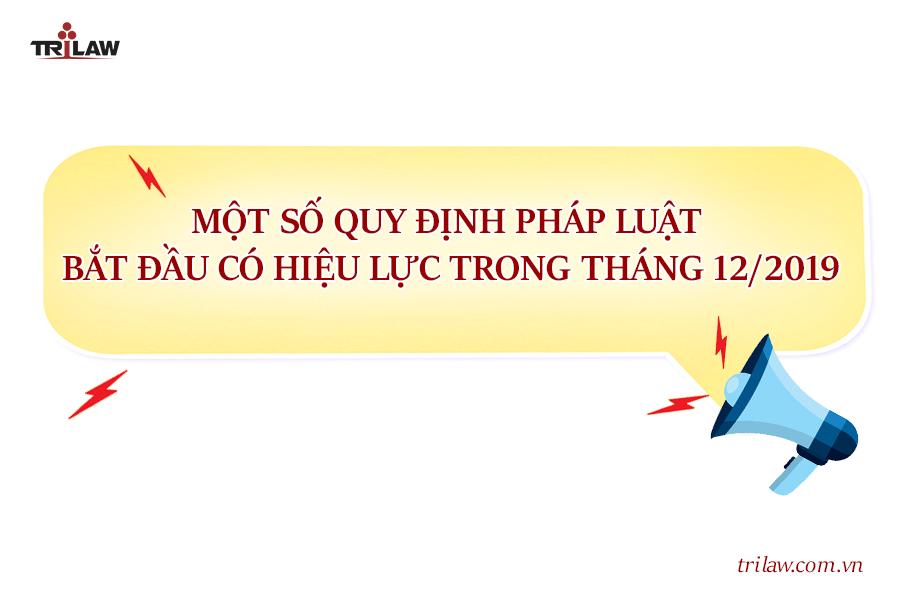THE TRADE FACILITATION AGREEMENT ENTERS INTO FORCE GOOD NEWS FOR IMPORT- EXPORT BUSINESSES
Dear Sir or Madame:
In November 2015, Vietnam officially became a member of the Trade Facilitation Agreement (TFA) of the World Trade Organization (WTO). This agreement just entered into force on 22 February 2017. With an emphasis on the role of customs in facilitating trade, the TFA will be particularly beneficial for import-export businesses by reforming procedures that will help customs becomes quicker, more efficient, and economical. According to the World Bank, the implementation of the TFA may reduce business transaction costs in Vietnam by 20%, boosting investment and creating jobs[1]. In particular, the TFA focuses on facilitating the following work:
1. further modernization of customs operations;
2. simplification of customs procedures;
3. prior classification of goods, origin of goods and methods of customs valuation;
4. specialized testing;
5. liberation of goods; and
6. enterprise priority.
This article will introduce and analyse the reforms and advantages that the TFA brings to businesses as well as suggest ways a business should prepare to take advantage of the TFA.
- INTRODUCTION TO THE TFA
The Trade Facilitation Agreement (TFA) officially became effective on 22 February 2017 when it was ratified by at least two-thirds of the WTO member countries. Vietnam became the 60th member of the TFA when the Vietnamese National Assembly approved the TFA in November 2015 by Resolution No. 108/2015/QH13.
Previously, on 13 October 2016, the Prime Minister issued Decision No. 1969/QĐ-TTg, approving plans to prepare and implement the TFA. In this decision, authority agencies were given many tasks to implement in order to fascilitate trade and meet the requirements of the TFA. In particular, there are several groups of tasks which bring numerous advantages for businesses:
- Transparency: Build a national e-portal to provide information related to trade policy and customs procedures, thereby facilitating trade and strengthening coordination between the central and local agencies.
- Fees and procedures: Implement commitments such as completing legal documents, efficiently improving procedures related to Single Window, customs automation, notifications for enhanced controls or inspections, temporary management, prior decisions, testing procedures, pre-arrival processing, risk management, and establishing and publishing the average release time.
- Transit freedom: Implementing transit commitments such as non-discrimination, facilitating transit of goods, and application of regulations related to transit charges.
- Customs cooperation: Exchanging information and enhancing customs cooperation with international organizations.
- Institutional: Operating the National Steering Committee for the ASEAN Single Window and National Single Window which will help coordinate the agencies concerned in domestic and abroad. This Committee is commonly referred to as the National Trade Facilitation Committee established under the Prime Minister's Decision No. 1899 / QĐ-TTg on 04 October 2016.
Currently, the World Bank is supporting Vietnam to build the Vietnam Trade Portal: www.vietnamtradeportal.com. Once fully deployed, this will be the only portal that reflects all major trade-related information. It will contain all relevant legal documents and legal tools, licensing and registration requirements, restrictions, technical standards, phytosanitary measures, system of goods classification and tariffs, clearance and licensing procedures, and forms – making it extremely important and useful to all related businesses.
- FACILITATING TRADE FOR BUSINESS BY CUSTOMS
In order to facilitate trade, the participation of many relevant agencies such as the Ministry of Finance, the Ministry of Industry and Trade, and the Ministry of Science and Technology is needed. However, the TFA pays special attention to the role of Vietnam Customs in facilitating trade activities, with the goal of making customs operations a "service" complying with the standards of the WTO. Accordingly, the TFA will be especially beneficial for import-export businesses by reforming customs procedures, making them quicker, more efficient, and economical.
The following are some of the key elements of trade facilitation related to customs that will be implemented in the near future, mandated by the TFA commitments:
- Further modernization of customs operations: The VNACCS/VCIS system will be implemented nationwide. Under this system, enterprises will declare electronic customs documents into the system with an expected response time of 1 minute. Then, using the E-Payment system, the enterprise will arrange for their bank to pay the customs duties/taxes. Upon confirmation from the bank that funds are available, the government will clear the goods even before receving the funds.
- Simplification of customs procedures: Vietnam Customs will abolish 19 procedures, simplify 46 procedures, and reduce the number of customs documents required for submission. In addition, businesses will be able to submit e-customs documents in most cases, without having to file physical paperwork. It is expected that customs clearance inspection and goods inspection times will be reduced significantly. Customs clearance inspection is expected to take less than 2 hours and goods inspection to take less than 8 hours.
- Prior classification of goods, origin of goods, and methods of customs valuation: Enterprieses will be able to go through the customs process one time for a particular good, and not have to repeat the entire process again for 3 years. An enterprise will apply for a customs certificate that is valid for 3 years, and as long as the enterprise imports/exports goods that are covered by the certificate, the customs procedure will be significantly simplified.
- Specialized testing: Testing procedures will be improved to save time and cost for enterprises. Testing will be performed by multiple agencies at the same time, rather than the previous procedure of having individual agencies perform individual tests, one after another. Customs and related agencies will build and share a common information infrastructure, establish a one-stop inspection site, and Customs may inspect under another agency's designation.
- Release of goods: When goods require a customs consultation, have no official price at the time of decleration, or there is not enough information for a valuation, enterprises shall be entitled to release their goods while pending a determination of the value of the goods for the tax/fee calculation.
- Priority Enterprises: Enterprises will be able to seek Priority Enterprise designation, providing them a multitude of benefits. Priority Enterprises may be exempt from customs inspection and physical inspection of goods. They will be prioritized when carrying out tax procedures with Customs and may have their goods placed in their own storage facilities while awaiting the results of an inspection. They will also be allowed a maximum of 30 days to complete the customs dossier. To obtain Priority designation, enterprises must: strictly abide by tax laws/customs; obey accounting and auditing laws; have an internal control system; pay through bank; use e-customs and e-taxation; and achieve import-export turnover as provided.
It should be noted that the TFA is applicable to all members of the WTO who have ratified the agreement. At the present, more than 110 WTO members have ratified the TFA, including Hong Kong, Singapore, the United States, Malaysia, Japan, Australia, Korea, China, Thailand, European Union (28 members), Pakistan, Panama, Guyana, Ivory Coast, Myanmar, Norway, Brunei, Ukraine, Cambodia, Paraguay, Turkey, Brazil, Macao, Mexico, Peru, and Saudi Arabia. These countries will enjoy improved facilitation of trade when importing and exporting goods with other countries.
- WHAT SHOULD BUSINESSES DO?
In order to take advantage of the TFA in Vietnam, export-import businesses should:
- monitor the reformed customs procedures and forms, and update their business operations accordingly;
- for importers/exporters of a fixed set of items for many years, pre-classification of goods, origin, and methods of customs valuation should be utilized;
- save money and time by seeking Priority Enterprise classification through strict compliance with regulations; and
- regularly visit the Vietnam Trade Portal website to stay up to date on the latest updates and relevant procedures.
The Trade Facilitation Agreement promises to create a new impetus for international trade, bringing mutual benefit to all WTO members, with export-import enterprises as the main beneficiaries. Therefore, businesses need to thouroughly understand the TFA to plan appropriate management policies that take advantage of the TFA.
Minh Hoang- Duy My, TriLaw.
[1] See more at: http://vietnambiz.vn/tfa-giup-giam-20-chi-phi-thong-quan-cho-doanh-nghiep-8982.html




